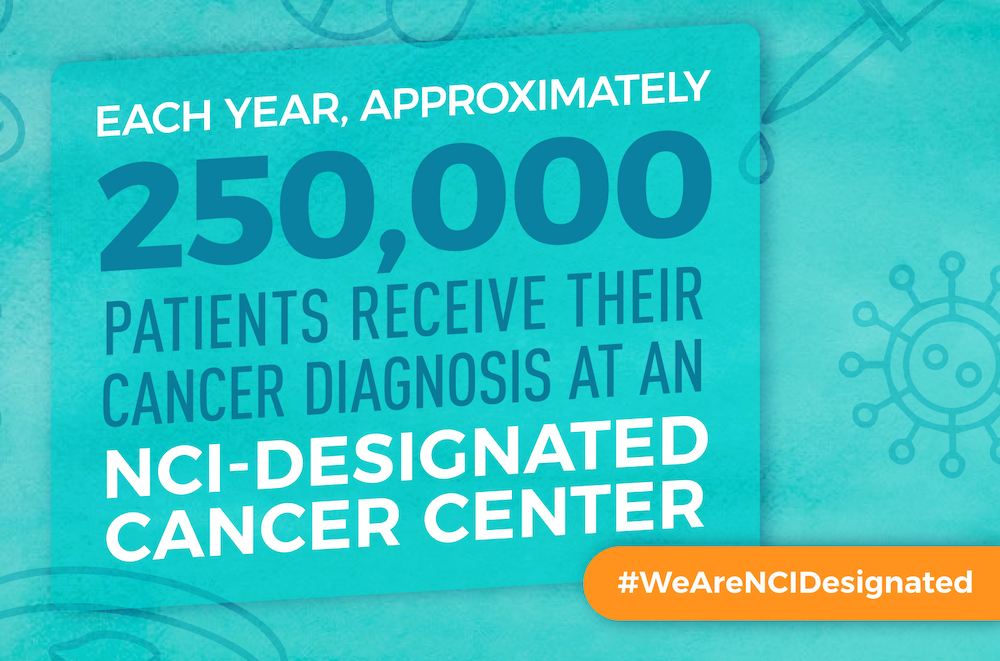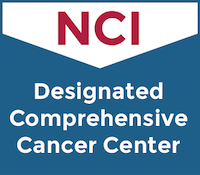Why Commemorate 50 Years of the National Cancer Act?

In 1971, a single piece of legislation changed how we view cancer care forever. The National Cancer Act cemented our nation’s commitment to science, establishing networks of cancer centers, clinical trials, data collection systems, and advanced research.
Signed just a few days before Christmas by President Richard Nixon, the act created a national commitment to making progress against cancer by anticipating and creating the infrastructure and mechanisms needed for a large-scale, world-class cancer research enterprise.
Among numerous other accomplishments, the National Cancer Act of 1971 established NCI’s Cancer Centers Program and expanded the National Clinical Trials Network, supporting the development of systems for the collection and storage of comprehensive patient data. It also cemented our nation’s commitment to basic research, without which many breakthroughs could not be made.
What is The NCI Cancer Centers Program?
 The NCI Cancer Centers Program was created as part of the National Cancer Act of 1971 and is one of the anchors of the nation’s cancer research effort. Through this program, NCI recognizes centers around the country that meet rigorous standards for transdisciplinary, state-of-the-art research focused on developing new and better approaches to preventing, diagnosing, and treating cancer.
The NCI Cancer Centers Program was created as part of the National Cancer Act of 1971 and is one of the anchors of the nation’s cancer research effort. Through this program, NCI recognizes centers around the country that meet rigorous standards for transdisciplinary, state-of-the-art research focused on developing new and better approaches to preventing, diagnosing, and treating cancer.
Rutgers Cancer Institute of New Jersey is proud to be the state’s only National Cancer Institute-designated Comprehensive Cancer Center – a designation reserved for those cancer centers who meet the highest of standards in research, treatment, prevention and education and are successful in completing a rigorous review process every five years. In partnership with RWJBarnabas Health, Rutgers Cancer Institute offers the most advanced cancer treatment options including immunotherapy, precision medicine, bone marrow transplantation, proton therapy, CAR T-cell therapy, and clinical trials - many of which are not available at other facilities across the state.
How far have NCI cancer centers come in the last 50 years?
Dr. Steven Libutti discusses the importance of being
New Jersey's only Comprehensive Cancer Center.
What does the future hold for reducing cancer incidence?
Dr. Steven Libutti discusses the future of
New Jersey's only Comprehensive Cancer Center.
Why are clinical trials important?
Dr. Howard Hochster discusses clinical trials
at New Jersey’s only Comprehensive Cancer Center.
How have cancer trials evolved?
Dr. Howard Hochster discusses how cancer clinical trials
have evolved over the past 50 years since the
National Cancer Act was instituted.
What type of research is done at an NCI-designated Comprehensive Cancer Center?
Dr. Eileen White discusses research
at New Jersey’s only Comprehensive Cancer Center.
What advances in cancer treatment over the last 50 years have been most impactful?
Dr. Andrew Evens discusses advancements
in cancer treatments.
“Why Commemorate 50 Years of the National Cancer Act? was originally published by the National Cancer Institute.”
The Cancer History Project
To mark the 50th anniversary of the National Cancer Act of 1971, The Cancer Letter presents the Cancer History Project, a free, expertly curated collection of primary sources and authoritative interpretations within easy reach of researchers, medical professionals, students, policy-makers, and patients. Read about highlights from Rutgers Cancer Institute below.
- Endometrial cancer and immunotherapy: “Working Backward”
- Rutgers Cancer Institute’s 2019 redesignation: New Jersey’s only Comprehensive Cancer Center
- Joseph R. Bertino: 50 Years of Cancer Research, A “Golden” Opportunity
- Val Skinner: Chipping Away at Cancer
- Barton Kamen: A “Grand” Illusion
- Hope for Childhood Cancers
- Big Ten Cancer Research Consortium Introduction video
- Hait and Libutti in conversation; Rutgers Cancer Institute founder and its current director talk history
- Subha Barry: A Strength to Pay Forward
- $5M Gift Given in Memory of Daughter Lost to Breast Cancer

